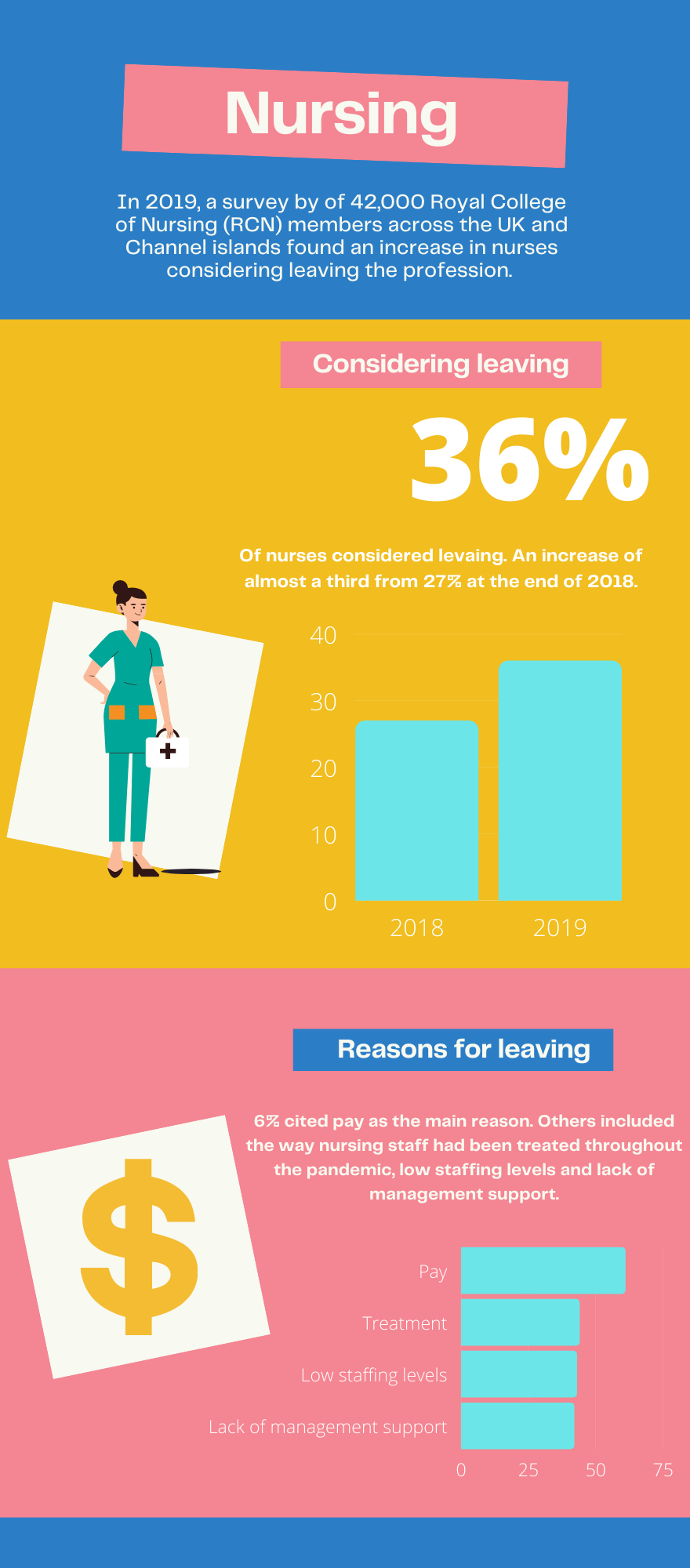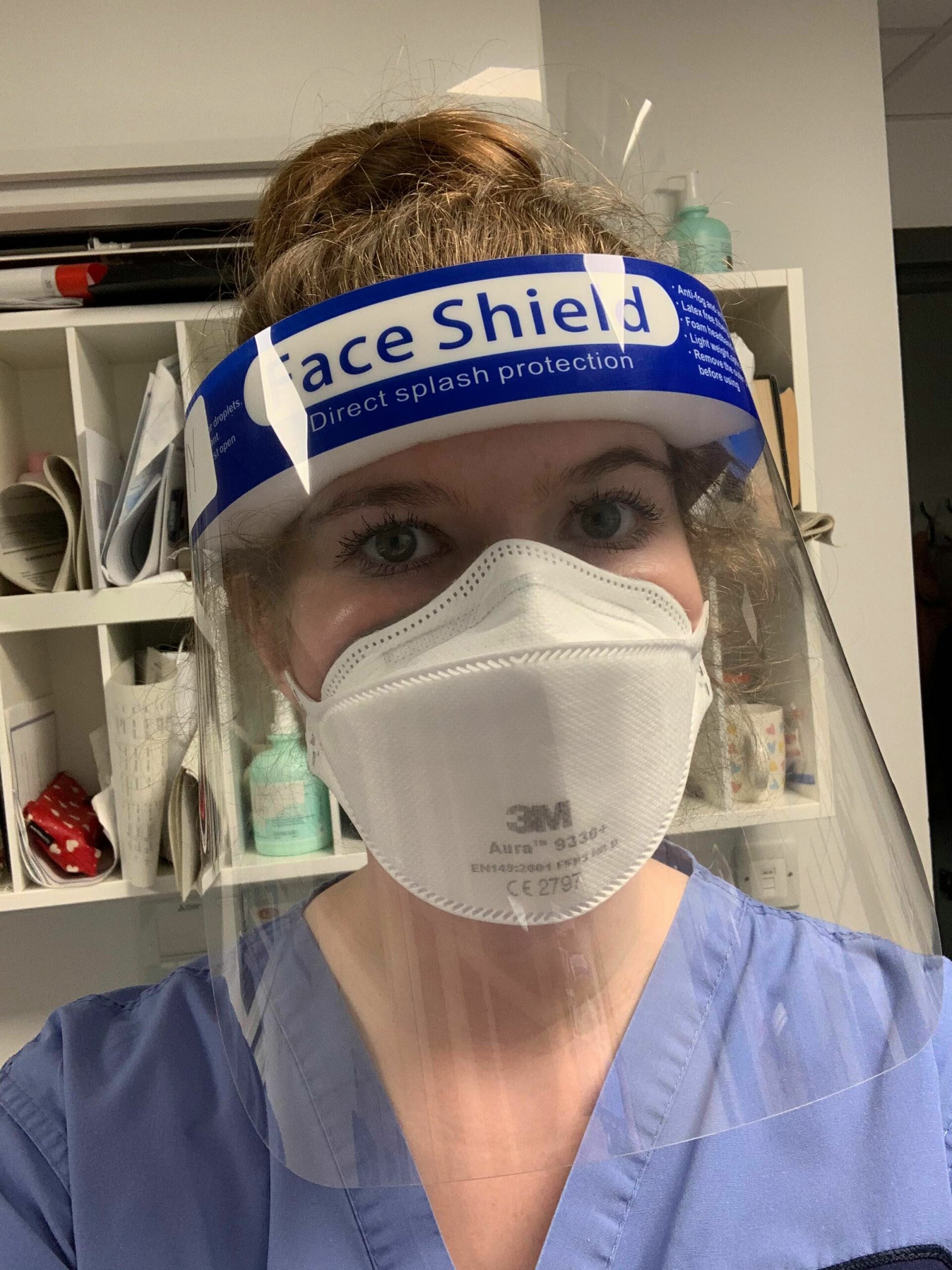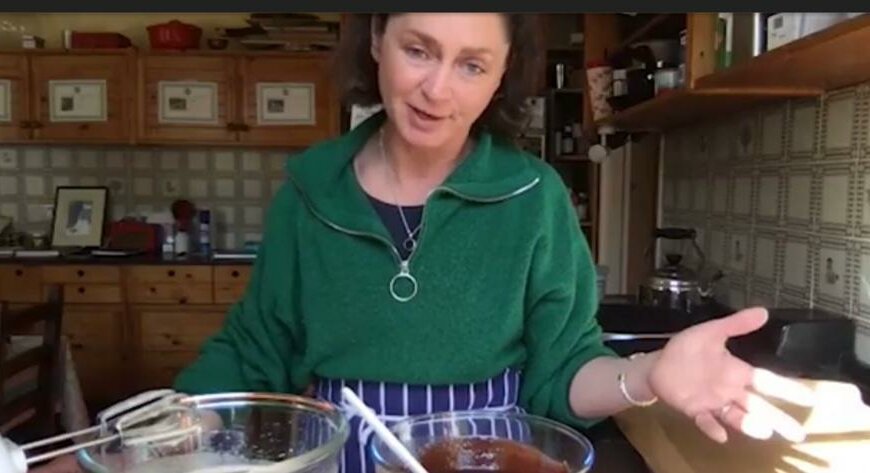ONE of Britain’s Covid heroes shares her story.
2020 had an immeasurable impact on the lives of everyday people in the UK as the nation was told to stay at home, protect the NHS and save lives.
However, while we were baking banana bread, jumping around the living room with Joe Wicks, and working from home, the carers we clapped for were risking their lives on Covid’s frontlines.
One of those carers is Amy Mansfield, a 23-year-old cardiology nurse working in West Suffolk Hospital, Bury St Edmunds.
After graduating in 2019, Miss. Mansfield found herself thrust into the pandemic a mere six months into her nursing career.
She said: “I started in October and had two or three months still shadowing and getting to grips with it all.
“Obviously, when Covid hit, [there were] staff shortages, so it was really hard. It was like, ‘right you’re by yourself now, off you go’ during a pandemic, having to deal with all the PPE, all of the more complex patients as well. It was really hard.”

Due to staff shortages, Miss. Mansfield was moved from her cardiology ward to nursing Covid patients on a number of occasions and describes her fear when she was first moved.
She said: “At the start, I was absolutely petrified of it.
“It was on a night shift, and I remember walking up to the ward nearly in tears thinking, ‘God what on earth is this going to be like, how on earth am I going to do this?’
“But to be honest, when you were there you just had to think, ‘yes, these patients have got Covid but you’ve just got to put that aside and just think I’m here to do my job.’”
Mansfield outlines her experience on the Covid ward as ‘gloomy’ and explains how it differs from her day-to-day job.
She said: “There was definitely a change in atmosphere from working on a Covid ward to not working on a Covid ward. But I think that’s understandable, really, knowing you’re putting yourself at risk to help these patients.”
For Miss. Mansfield, it was not simply the stress of working on a Covid ward that impacted her but the overall effect the pandemic had on her mental health.
She said: “You couldn’t really ever switch off from it, which I found was the hardest.
“I would always worry, ‘what am I going to go into tomorrow’. Even when I finished a shift it would always be ‘today was okay but tomorrow could be absolutely awful’, which was always in the back of my mind.”
According to a survey by the Royal College of Nursing, there has been an increase in nurses considering leaving the profession.
The percentage of those thinking of leaving the profession increased to 36%, more than a third, from 27% at the end of the previous year.
61% cited pay as the main factor.

Her mother, Mrs. Lynn Mansfield, tells of how life on the front line had an impact on her daughter.
She said: “Some nights when she would come home, especially if she’d come off a night shift, she was very subdued, didn’t want to talk about it. I noticed a change in her as well, her attitude changed, she was quite anxious.
“I had to stop and think she’s been dealing with it on the front line. But bless her, yeah, she was really, deep down, concerned about it all.”
Miss. Mansfield also outlines how she felt guilty when prioritising Covid protocol over patients when adhering to strict PPE guidance before treating others.
She said: “It didn’t seem like that patient-centred care.
“Knowing you couldn’t even step inside the bay or inside a side room without the surgical mask, the visor, the apron, the gloves, you really just had to stop and think ‘right so now I’ve got to put all of my PPE on before I go in and answer the buzzer’.
“It was more time consuming and, obviously, when a buzzer goes off you want to get there as quick as you can because you don’t know how serious it’s going to be. It all takes time, and you feel guilty thinking ‘I could’ve been there a couple of minutes earlier’. And its people’s lives at risk as well.”

As for the future of the NHS, she believes Covid will have an impact on patients in the future, due to increased waiting times for procedures.
She said: “It’s probably inevitable. Knowing a lot of things have had to be postponed and pushed back so there’s going to be a time when things are going to hit home and it’s going to affect.”
The NHS has set out an £8.1 billion plan to help the health service recover all patient services following the intense winter wave of COVID.
Miss. Mansfield says this has impacted her own patients and that Covid led to illness that could have been preventable. Particularly in those who were too scared to come to the hospital in fear of catching the disease.
She added: “We were seeing people that were suffering from chest pain at home when they could’ve come in say a couple of days ago and it could’ve been resolved and would’ve been less complications.
“It was sad knowing that people felt they couldn’t come to hospital because of Covid and was risking their lives even more by suffering so much at home, which is so sad to see when they come in and you think that could’ve been prevented if you’d come in like a week earlier.”
However, Miss. Mansfield refuses to let Covid change her career path, and will continue to nurse patients regardless of whether that’s on a Covid ward or in cardiology.
She said: “You’re still a nurse whether you’re nursing people with an infectious disease or nursing somebody with a broken leg. You’re still there to do your job.”



